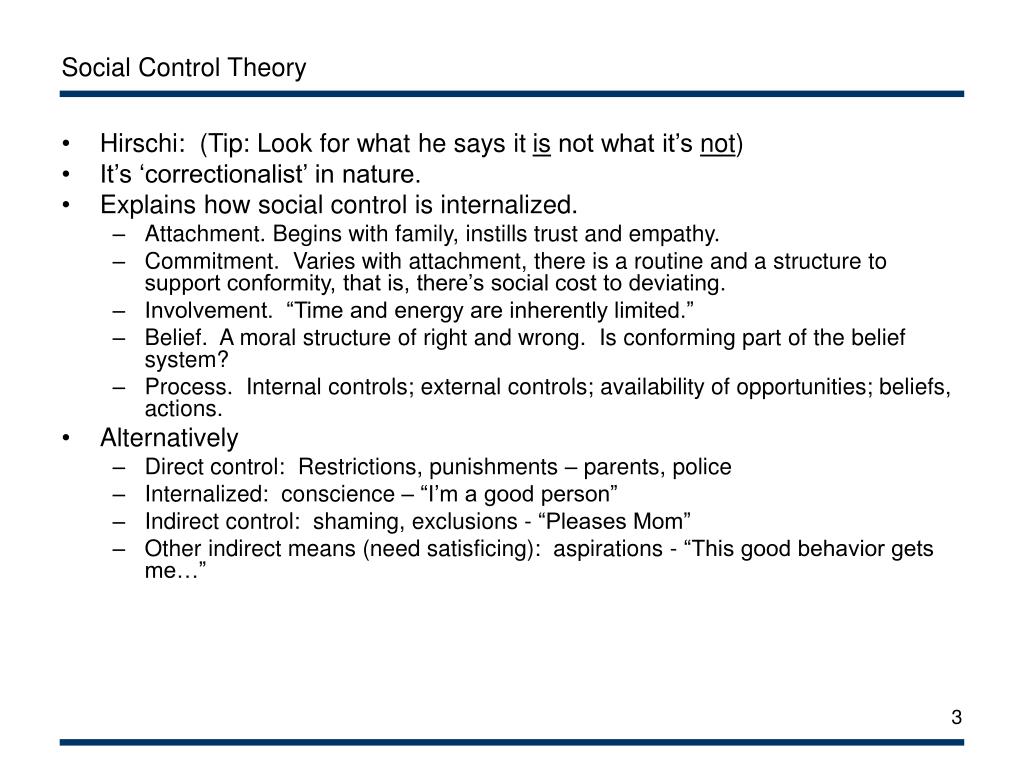Do you like to gamble? Do you ever win? If the answers to these questions are 'yes,' you need to know about deducting your gambling losses.
- How Much Can You Win Gambling Without Paying Taxes
- How Much Money Do You Have To Win Gambling To Pay Taxes
The tax code requires institutions that offer gambling to issue Forms W-2G if you win: $600 or more on a horse race (if the win pays at least 300 times the wager amount); $1,200 or more at bingo or on a slot machine; $1,500 or more at keno; $5,000 or more in a poker tournament. Even if you lost $100,000 that year, your gambling loss deduction is limited to $13,000. Worse, you aren't allowed to carry forward the excess, so if you had $87,000 in losses you couldn't deduct last year, you can't use that to offset the gambling income from the current year. So, if you won $5,000 on the blackjack table, you could only deduct $5,000 worth of losing bets, not the $6,000 you actually lost on gambling wagers during the tax year. And you cannot carry your.
All Gambling Winnings Are Taxable Income
All gambling winnings are taxable income—that is, income that is subject to both federal and state income taxes (except for the seven states that have no income taxes). It makes no difference how you earn your winnings, whether at a casino, gambling website, Church raffle, or your friendly neighborhood poker game.
It also makes no difference where you win: whether at a casino or other gambling establishment in the United States (including those on Indian reservations), in a foreign country such as Mexico or Aruba, on a cruise ship, Mississippi river boat, or at a gambling website hosted outside the U.S. As far as the IRS is concerned, a win is a win and must be included on your tax return.
All Your Winnings Must Be Listed On Your Tax Return
If, like the vast majority of people, you’re a recreational gambler, you’re supposed to report all your gambling winnings on your tax return every year. You may not, repeat NOT, subtract your losses from your winnings and only report the amount left over, if any. You’re supposed to report every penny you win, even if your losses exceeded your winnings for the year.
Gambling Losses May Be Deducted Up to the Amount of Your Winnings
Fortunately, although you must list all your winnings on your tax return, you don't have to pay tax on the full amount. You are allowed to list your annual gambling losses as an itemized deduction on Schedule A of your tax return. If you lost as much as, or more than, you won during the year, you won't have to pay any tax on your winnings. Even if you lost more than you won, you may only deduct as much as you won during the year.
However, you get no deduction for your losses at all if you don’t itemize your deductions—just one of the ways gamblers are badly treated by the tax laws.
You Need Good Records
As the above rules should make clear, you must list both your total annual gambling winnings and losses on your tax return. If you’re audited, your losses will be allowed by the IRS only if you can prove the amount of both your winnings and losses. You’re supposed to do this by keeping detailed records of all your gambling wins and losses during the year. This is where most gamblers slip up—they fail to keep adequate records (or any records at all). As a result, you can end up owing taxes on winnings reported to the IRS even though your losses exceed your winnings for the year.
This has happened to many gamblers who failed to keep records. For example, Bill Remos, a Coca-Cola delivery driver in Chicago, gambled for fun and got lucky: He won $50,000 in a single game of blackjack. When Remos filed his taxes for the year he didn’t report the $50,000 win as income. Why? He knew he had at least $50,000 in gambling losses during the year. He subtracted his losses from his winnings and ended up with zero; so he figured he didn’t have any gambling income to list on his return. Makes sense, doesn’t it? Not to the IRS. Remos was audited by the IRS. Because he failed to follow the rules and couldn’t document his losses, he had to pay income tax on his entire $50,000 blackjack win. He ended up owing the IRS $17,000 in back taxes. This on an annual income of only $32,000!
Will the IRS Know?
Gambling is a cash business, so how will the IRS know how much you won during the year? Unfortunately for gamblers, casinos, race tracks, state lotteries, bingo halls, and other gambling establishments located in the United States are required to tell the IRS if you win more than a specified dollar amount. They do this by filing a tax form called Form W2-G with the IRS. You’re given a copy of the form as well. When a W2-G must be filed depends on the type of game you play. For examplle, the casino must file a W2-G if you win $1,200 or more playing slots; but only if you win $1,500 or more at keno. Thus, if you have one or more wins exceeding the reporting thrseshold, the IRS will know that you earned at least that much gambling income during the year. If this income is not listed on your tax return, you’ll likely hear from the IRS.
The Rules Differ for Professional Gamblers
If you gamble full-time to earn a living, you may qualify as a professional gambler for tax purposes. Professional gamblers inhabit a different tax universe than those who gamble for fun. In general, gambling pros are treated better by the IRS than amateurs, but few people qualify as gambling professioanls.
No doubt about it, winning the lottery dramatically changes a person’s life. A financial windfall of that magnitude quickly grants you a level of financial freedom you probably have trouble imagining.
But becoming a Mega Millions or Powerball jackpot winner doesn’t change everything. If you are the lucky winner, you still have to worry about bills and taxes – especially the taxes on your lottery winnings. That’s why it’s crucial to get up to speed on how lottery winnings are taxed before you strike it big.
How are lottery winnings taxed?
Lottery winnings are considered ordinary taxable income for both federal and state tax purposes. That means your winnings are taxed the same as your wages or salary. And you must report the entire amount you receive each year on your tax return.
For example, let’s say you elected to receive your lottery winnings in the form of annuity payments and received $50,000 in 2018. You must report that money as income on your 2018 tax return. The same is true, however, if you take a lump-sum payout in 2018. You must report that entire amount as well.
Note: Before you receive one dollar, the IRS automatically takes 24 percent of your winnings as tax money. You’re expected to pay the rest of your tax bill on that prize money when you file your return.
What is the tax rate for lottery winnings?
When it comes to federal taxes, lottery winnings are taxed according to the federal tax brackets. Therefore, you won’t pay the same tax rate on the entire amount. The tax brackets are progressive, which means portions of your winnings are taxed at different rates. Depending on the number of your winnings, your federal tax rate could be as high as 37 percent.

State and local tax rates vary by location. Some states don’t impose an income tax while others withhold over 15 percent. Also, some states have withholding rates for non-residents, meaning even if you don’t live there, you still have to pay taxes to that state.
Does tax reform affect lottery winnings?
In 2018, the top tax rate was lowered from 39.6 percent to 37 percent. That means you would pay less in taxes this year if you won.

Additionally, the new $10,000 limit on deducting state and local taxes restricts the amount of state taxes you could write off in future years.
Do I have to pay state taxes on lottery winnings if I don’t live in the state where I bought the ticket?
Most states don’t withhold taxes when the winner doesn’t reside there. In fact, of the 43 states that participate in multistate lotteries, only two withhold taxes from nonresidents. Arizona and Maryland both tax the winnings of people who live out-of-state.
Can I change the amount of tax the lottery withholds?
You don’t have a choice on how much state or federal tax is withheld from your winnings. The only piece you can control is how much money you save to cover any extra money you may owe.
Do lottery winnings count as earned income for Social Security purposes?
Lottery winnings are not considered earned income, no matter how much work it was purchasing your tickets. Therefore, they do not affect your Social Security benefits.
Does winning the lottery affect my tax bracket?

Winning the lottery can affect your tax bracket in a big way. An average family’s top federal tax rate could go from 22 percent to 37 percent. But remember, if that happens, you likely won’t pay the top rate on all of your money.
That is unless your regular household income already places you in the top tax bracket prior to winning. In that case, all of it is taxed at 37 percent. Lottery winnings are combined with the rest of your taxable income for the year, meaning that money is not taxed separately.
What are the benefits of taking a lump sum payment versus annuity payments?
If you take a lump sum, you have more control over your money right now. You can choose to invest it into a retirement account or other stock option to generate a return. You could also use it to buy or expand a business.
Several financial advisors recommend taking the lump sum because you typically receive a better return on investing lottery winnings in higher-return assets, like stocks. If you elect annuity payments, however, you can take advantage of your tax deductions each year and a lower tax bracket to reduce your tax bill.
How Much Can You Win Gambling Without Paying Taxes
The decision for which option is better is complex. It all depends on the size of the lottery winnings, your current and projected income tax rates, where you reside, and the potential rate of return on any investments. If you win big, it’s in your best interest to work with a financial advisor to determine what’s right for you.